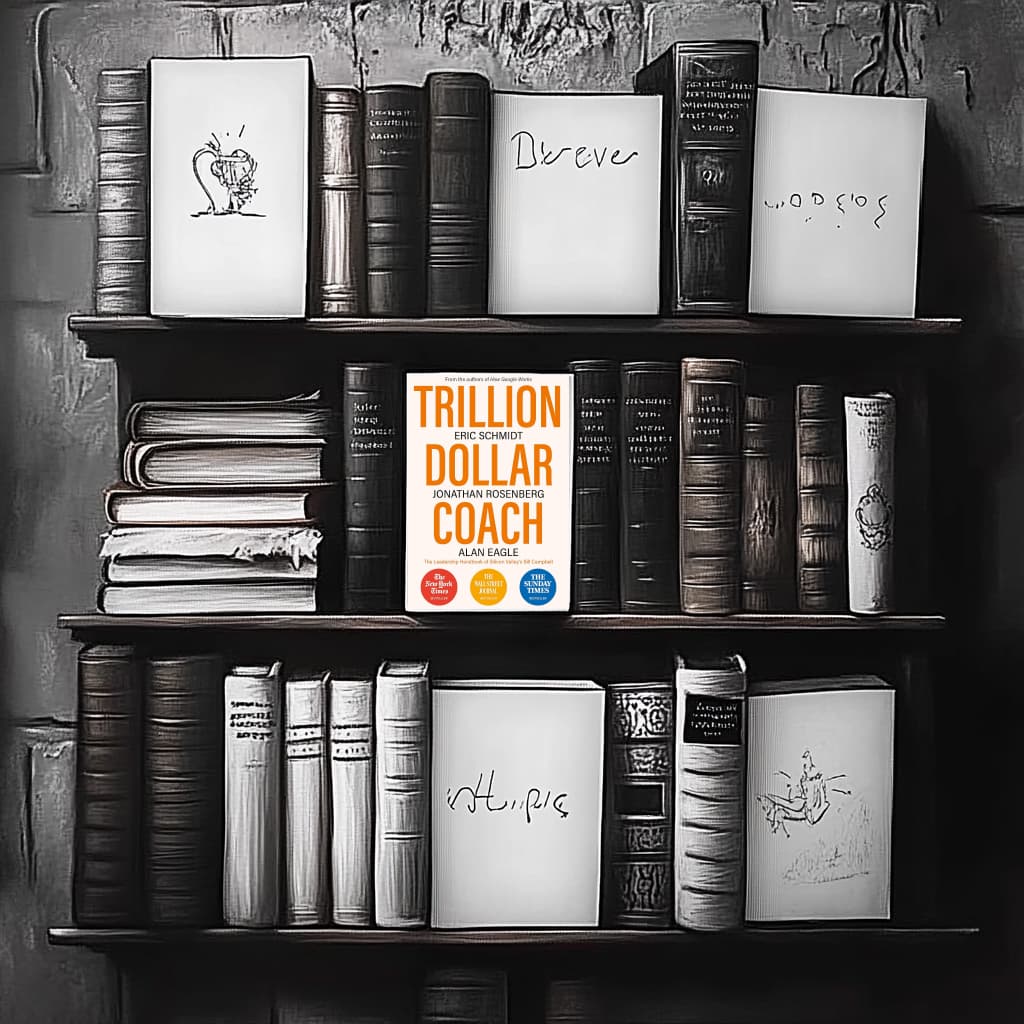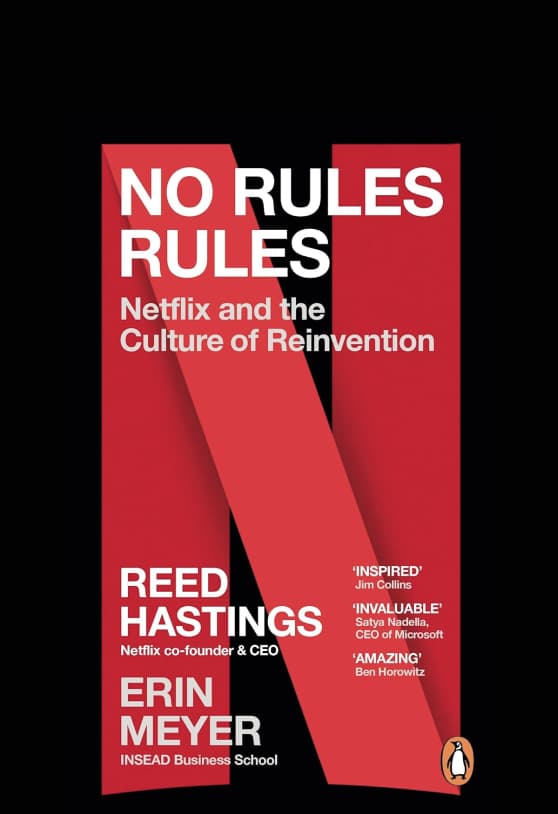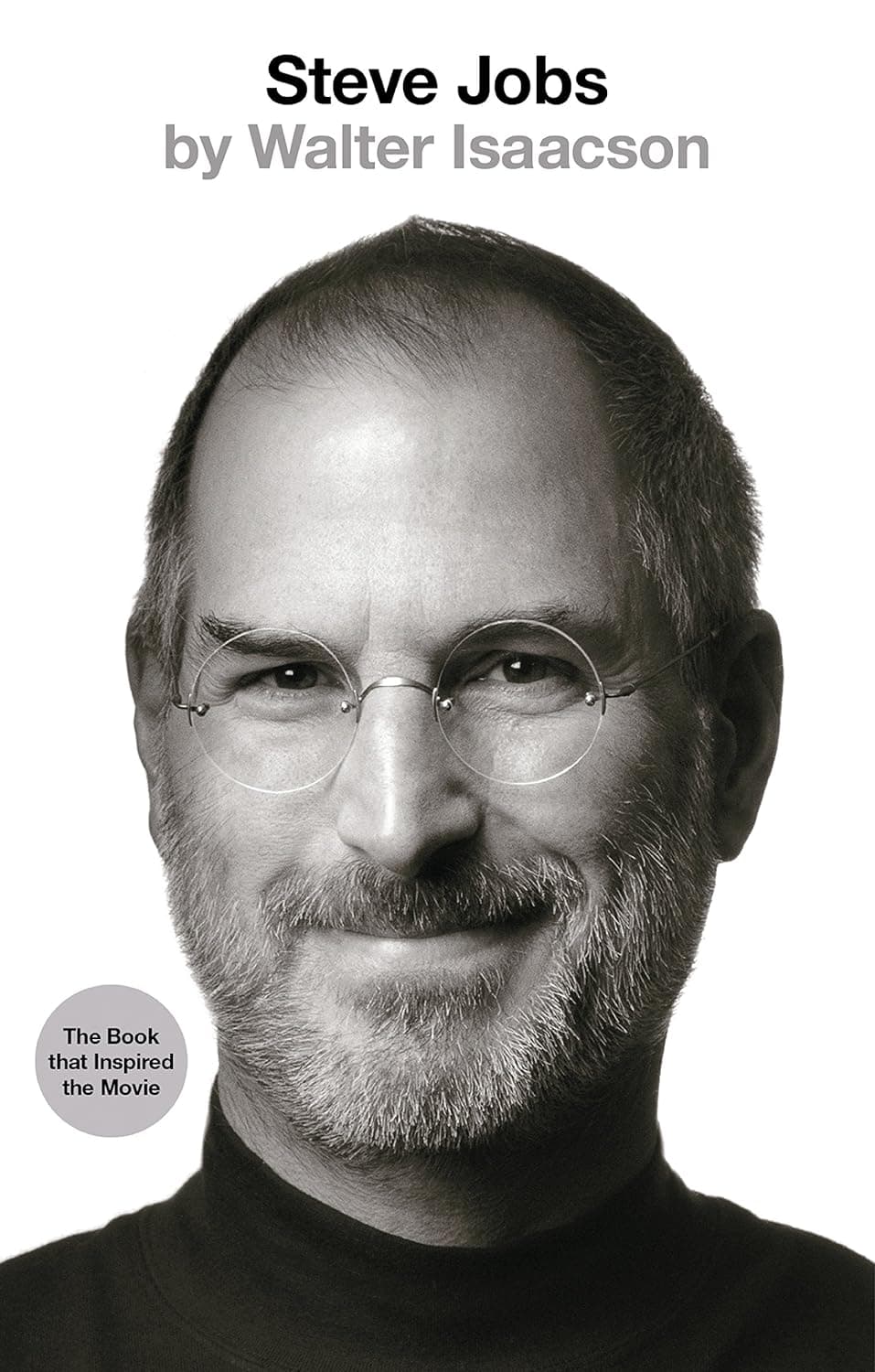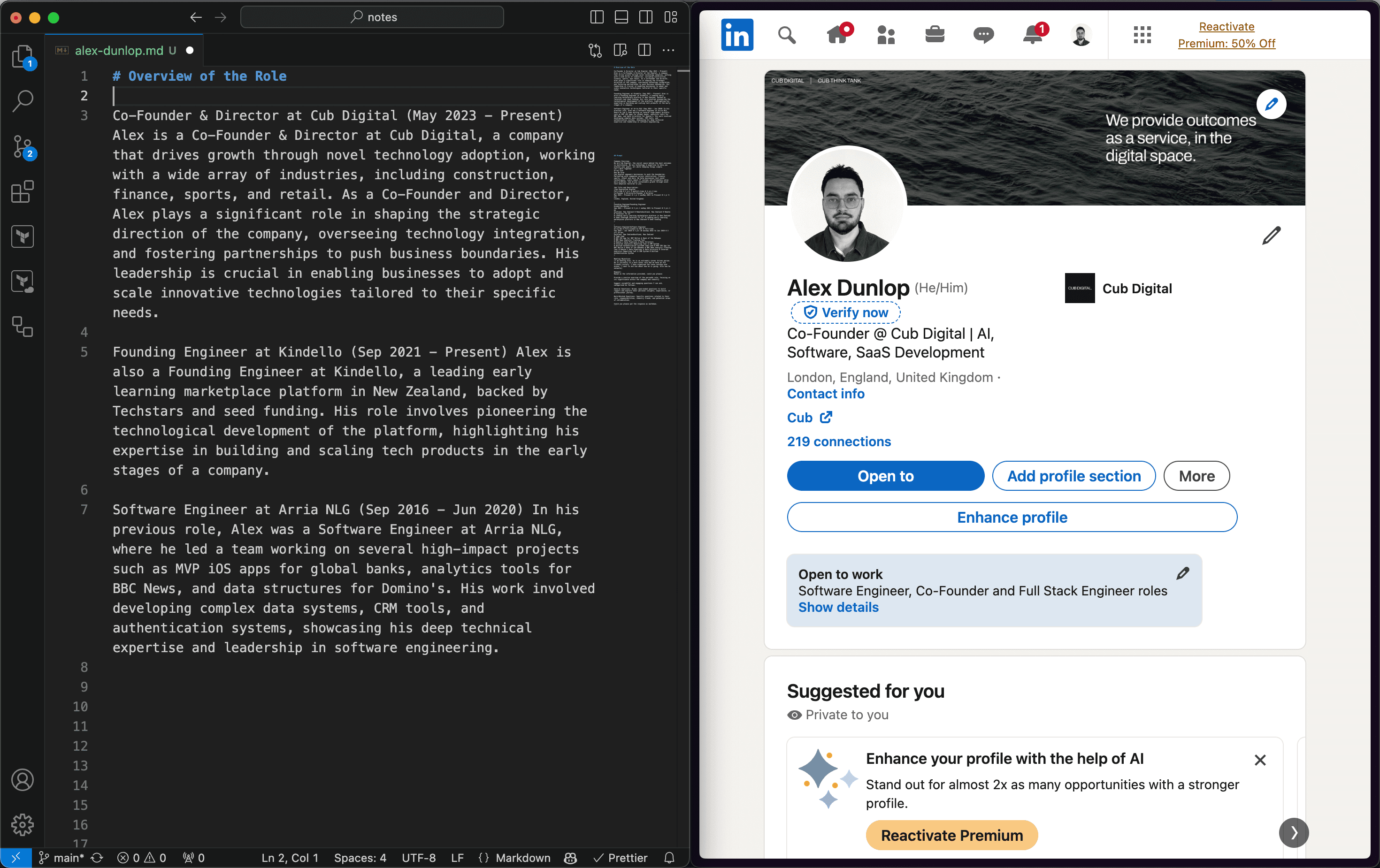25 Powerful Lessons on Mindset from an English Football Sports Psychologist

GET THE #1 EMAIL FOR EXECUTIVES
Subscribe to get the weekly email newsletter loved by 1000+ executives. It's FREE!

Bill Beswick is one of the UK’s most highly decorated sports psychologists, with a career spanning coaching and consulting for elite teams and athletes across football, basketball, and Olympic sports.
In this interview, Bill shares profound insights on mindset, resilience, and the mental approach that drives high performance.
But first here is some of Bill's achievements:
Pioneering Sports Psychology in English Football:
Beswick was the first sports psychologist to work full-time in English professional football, collaborating with Premier League clubs such as Derby County, Manchester United, Middlesbrough, and Sunderland.
International Football Teams:
He worked with England's U18 and U21 teams and served as the team psychologist for the England senior men's team.
Books:
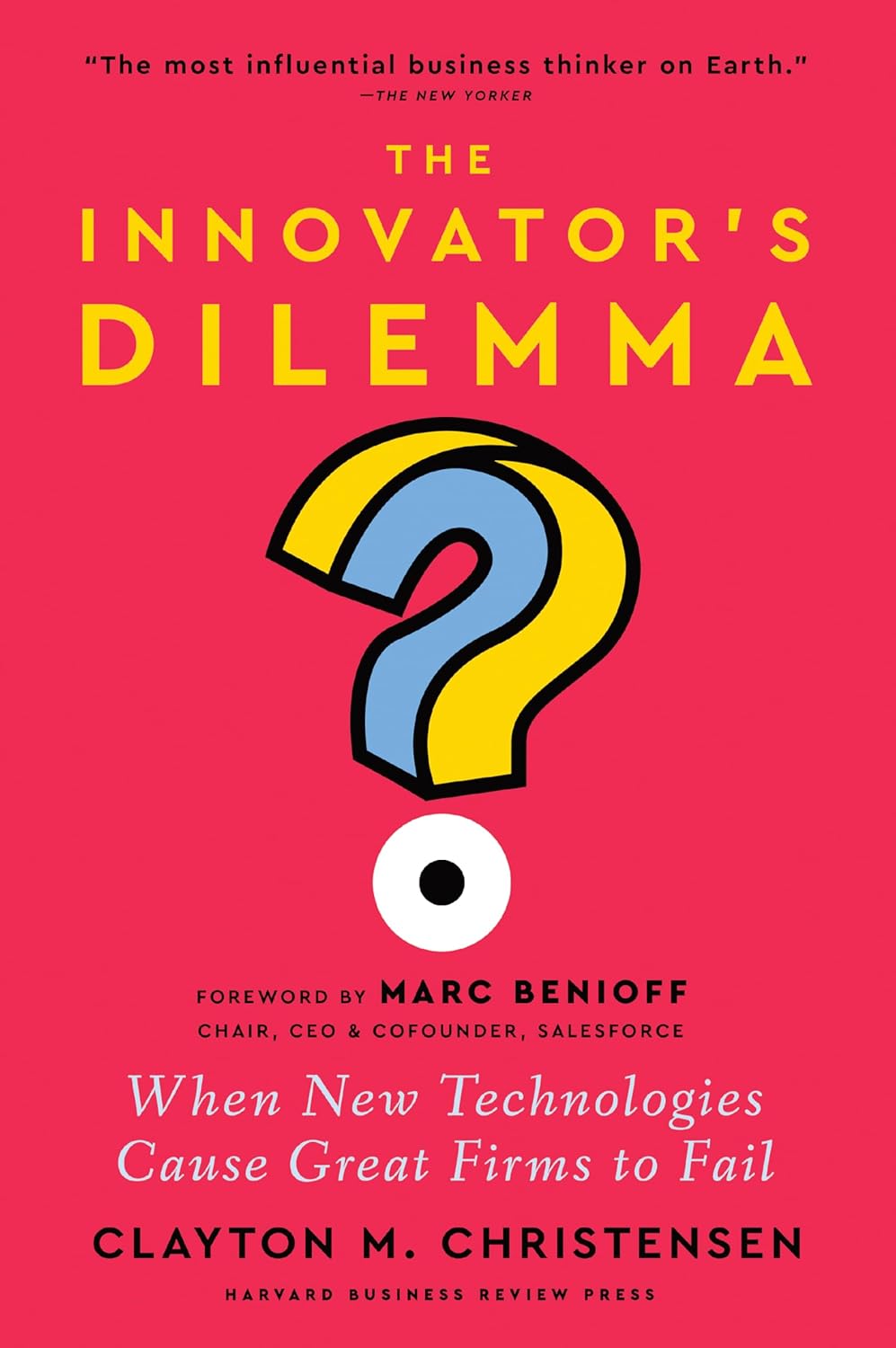
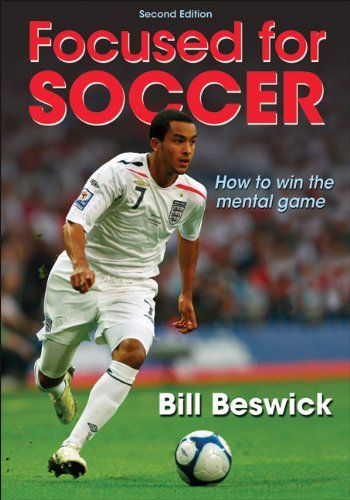
Here are 25 powerful lessons from Bill’s extensive experience that can be applied to both sports and life.
Lesson #1
Step Up and Face Challenges
Be the kind of person who faces challenges rather than avoiding them. High performers ask themselves daily: What do I want, and how badly am I willing to suffer to get there?
He talks about being honest with these questions.
It's not about pretending you want something when you don't. It's about being real with yourself and understanding the sacrifices required to achieve your goals.
Particularly that last point, asking yourself truly, how much you are willing to suffer?
Lesson #2
Maximise Your Mindset
Success is often about conquering doubts and fears. Every day, choose whether you’ll be a fighter or a victim.
Lesson #3
Move from Me to We
Commitment to a team is about selflessness. Learn to pass the ball to those in the best position, embodying a team-first mentality.
Lesson #4
Build a Performer Self
We all have two selves: our real self and our performer self. Develop a confident performer self to step up and meet challenges head-on.
He has some interesting takes on this. As an introvert, he found that it wasn't effective in a coaching context and so he needed to bring a performer self to elevate his team and bring out the best in their abilities.
He believes that it's like putting on armour, stepping up and being the person that you need to be to achieve what you have set out to do.
Lesson #5
Transform Dreams into Commitments
Start with a dream, but don’t leave it as a fantasy. Transform it into actions, resilience, and fight.
One of the key elements that I have observed here from our work with high performers, is that the simplest way that this is done is through a journal.
In a business context I think the way that this is elevated is through blogs and writing, which is why I started this.
Here is some great blogs from people that I follow:
I really enjoy this quote by Leslie.
If you’re thinking without writing, you only think you’re thinking. \
Leslie Lamport
Lesson #6
Embrace Self-Belief
Every great athlete and leader must cultivate belief. This self-belief drives them through the ups and downs.
Lesson #7
Build Confidence Through Preparation
Confidence isn’t magical—it’s earned. Show up, prepare rigorously, and practise until confidence is inevitable.
Adam Peaty said, 'Today I will train like a champion'... he trains so hard that winning is inevitable on race day.
Lesson #8
Set No Limits on Yourself
Self-imposed limits hold many back. Break through them and reach beyond what you think is possible.
Lesson #9
Develop Resilience to Setbacks
Resilience is about learning from setbacks, adjusting, and moving forward. Focus on why things went wrong and make adjustments.
He talks about how setbacks knock you emotionally off balance.
A key thing you have to do is work beyond the emotion to get to why did I have that setback... and move on.
Lesson #10
Consistency is Key
Train every day with a commitment to dominate, not just to compete. Champions build success through daily consistency.
Lesson #11
Control Your Mindset
Attitude is a choice. While talent is limited, attitude can be transformed. Decide who you want to be.
I like this idea that attitude is a choice. The empowering thing about listening to this talk is how many things are within your control.
Lesson #12
Look Beyond Talent to Attitude
In sports and life, the A+ in attitude often outperforms A+ in talent.
Lesson #13
Adapt with Humility and Growth
Remain a student. Approach every setback as an opportunity to adapt and grow.
Lesson #14
Focus on Raising Your Bottom Line
Mastery is about raising the minimum level of performance. Don’t aim for perfection; aim for consistent excellence.
He talks about making the 85% consistent. I think this is really practical to a business context, where it is an endurance event and not a sprint.
In sports you have a game every week where you have to perform at your optimal level.
Business is different, you have to perform at a high level every day.
The 85% concept is great because it's about being consistent and not burning out.
Lesson #15
Avoid Victim Mentality
Refuse to be a victim of circumstances. Take ownership, and look for ways to navigate around obstacles.
The quote that sums it up the best in the talk is that he says that victims have "1,000 excuses but not a single reason".
Lesson #16
Align Your Environment with Your Goals
Seek out environments and people who support your growth. Exposure to high achievers lifts your own standards.
I've noticed since working with the Olympic team and being around people that value high performance that a number of things have rubbed off on my mindset.
- The importance of sleep - I've started to track my sleep and make sure that I get 8 hours a night.
- The importance of commitment - I've started to track my commitments and make sure that I follow through on them.
- The importance of focus - Focus on a goal and keep working towards it until you achieve it.
Lesson #17
Set Incremental Steps for Success
Success is a series of small steps. Focus on making daily improvements rather than reaching the top immediately.
Lesson #18
Balance Obsession with Focus
Stay focused on goals without losing control. Obsession can lead to burnout; focus brings progress.
He talks about the fine line of control and obsession.
Focus is where you are in control of the process and the outcome. Obsession is where the balance is tipped and you are no longer in control.
Lesson #19
Keep Moving Forward Despite Pain
High achievers embrace the pain of growth. Push forward with purpose, knowing the discomfort is part of success.
Lesson #20
Mental and Physical Well-being Matter
Push hard, but don’t sacrifice well-being. Find a balance where you can train intensely without harming yourself.
Lesson #21
The Power of Positive Self-Talk
Replace negative self-talk with positivity. Encourage yourself as you would a teammate.
Lesson #22
Reflect and Journal
Clear your mind by putting turbulent emotions onto paper. Review regularly to track growth and find solutions.
Lesson #23
Prioritise Consistent Effort Over Fluctuating Performance
Don't aim for sporadic brilliance. Instead, raise your baseline performance, focusing on reliability.
Lesson #24
Success is About Persistence
Each day, show up and give your best. Success doesn’t come from a single day’s effort; it’s the sum of countless small efforts.
Lesson #25
Be Your Own Cheerleader
In moments of doubt, remind yourself why you started. Cultivate a sense of self-belief, driving you forward even when no one else sees the journey.
I like this last point and it's a good one to finish.
"Stay positive for yourself... In tough times, remind yourself of what you’re capable of achieving."
